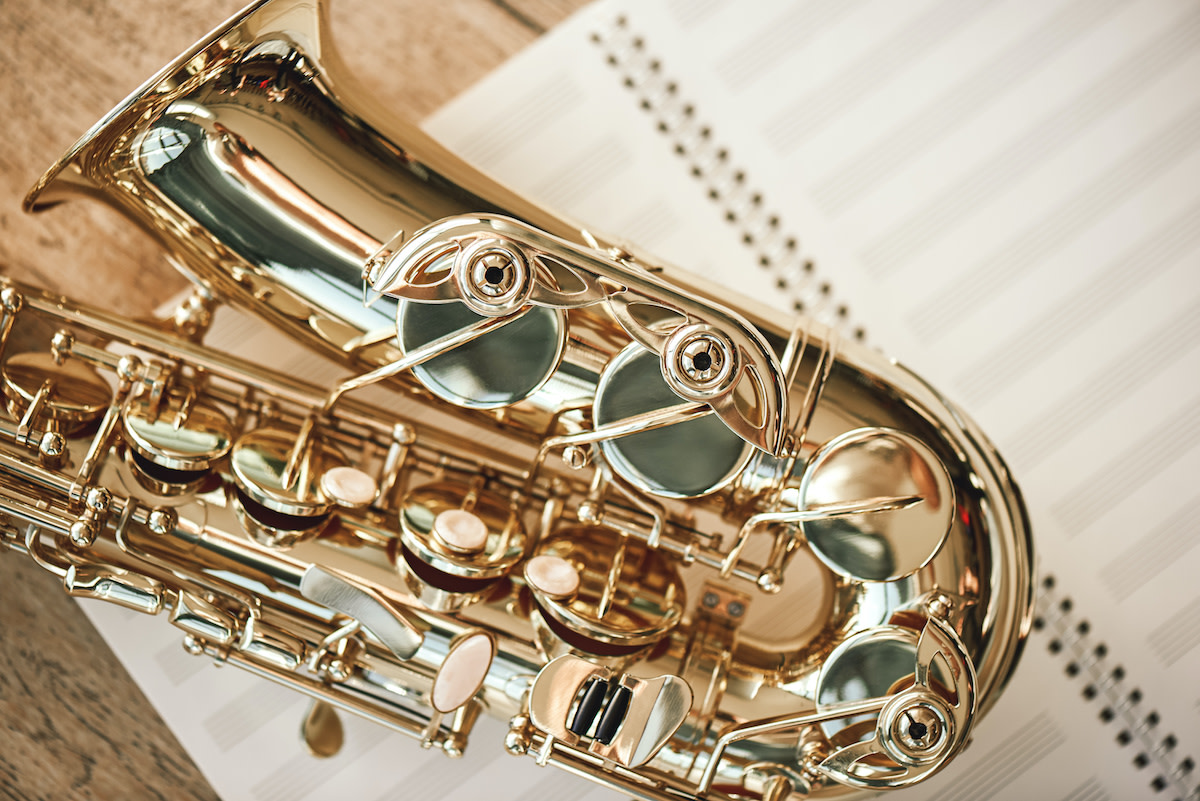Altered Scales in Music Theory: How to Play an Altered Scale
Written by MasterClass
Last updated: Nov 2, 2021 • 3 min read
Have you ever wondered how jazz seems to push harmonic boundaries in a way that rock and pop rarely do? The secret lies in jazz’s use of unconventional scales and modes, chief among them the altered scale.
Learn From the Best
What Is the Altered Scale?
The altered scale is a musical scale based loosely on a major scale but with multiple alterations (hence its name). It fits naturally over a dominant chord (V7 chord) that resolves to the tonic (I chord). Like all scales, the altered scale moves in a series of semitones—some whole steps and some half-steps. At certain intervals, it sounds a bit like a major dominant scale (or mixolydian mode), but its altered notes push it to a much more adventurous level. The pitches in the altered scale are:
- the root
- flat two (♭2)—also referred to as flat nine (♭9)
- sharp two (♯2)—also referred to as sharp nine (♯9)
- major third
- flat five (b5)—also referred to as sharp eleven (♯11) or the tritone of the scale
- flat six (♭6)—also referred to as flat thirteen (♭13)
- flat seven (♭7)
Players who come from the tradition of modal music might call the altered scale a "super locrian mode." Don't get hung up on the terminology: the altered and super locrian scales contain the same set of notes.
How to Use Altered Scales in Music
Altered scales most commonly appear over dominant seventh chords that resolve to the root. In a classic ii-V-I chord progression, a jazz guitar player or saxophonist might use the altered scale over the V chord—perhaps setting it up by playing the dorian mode over the ii minor chord. For instance, in the key of C major, when a G7 chord resolves to C, a jazz player might improvise on a G altered scale. If a composer specifically wants a player to do some altered jazz improvisation, they might label that G7 chord as G7alt.
Altered scales don't sound as satisfying when a dominant seventh chord doesn't resolve to the I chord. For instance, in the key of F, a G7 chord is unlikely to be followed by an F, so you shouldn't play a G altered scale over it. On the other hand, in the key of F, a C7 chord is very likely to resolve to F, and so you could definitely use a C altered scale over that chord—particularly if the chord is labeled C7alt.
5 Alternatives to the Altered Scale
Because it contains so many altered notes, the altered scale may seem overwhelming, or it may clash with the music you’re playing. With this in mind, there are several other ways to get a similar effect in your music.
- 1. Melodic minor scale: The altered scale is actually the same thing as a melodic minor scale starting one half step above the root note of an altered chord. (A melodic minor scale consists of the following pitches: root-2-♭3-4-5-6-7.) So if you see a C7alt chord on a chart, try improvising on a D♭ melodic minor scale over that chord.
- 2. Whole tone scale: The whole tone scale is not the same as an altered scale, but it contains many of its key notes including the root, the major third, the tritone, the flat thirteen, and the flat seven.
- 3. Half-whole diminished scale: Diminished scales eventually cover all 12 available pitches, but a half-whole diminished scale specifically shares common tones with an altered scale. The big difference between the two is that a diminished scale has a minor third, and an altered scale has a major third.
- 4. Arpeggios: If you aren't comfortable with your fingers flying around a guitar fretboard or piano keyboard, just learn the fingerings for an altered chord and break the chord tones into arpeggios.
- 5. Mixolydian and lydian dominant scales: When altered scales aren't appropriate, you can draw on a number of other jazz scales to complement a dominant seventh chord. The tried and true standard is a mixolydian scale, but you could also try lydian dominant (which gets you about halfway to an altered scale).
Want to Learn More About Music?
Become a better musician with the MasterClass Annual Membership. Gain access to exclusive video lessons taught by musical masters, including Sheila E., Timbaland, Itzhak Perlman, Herbie Hancock, Tom Morello, and more.
